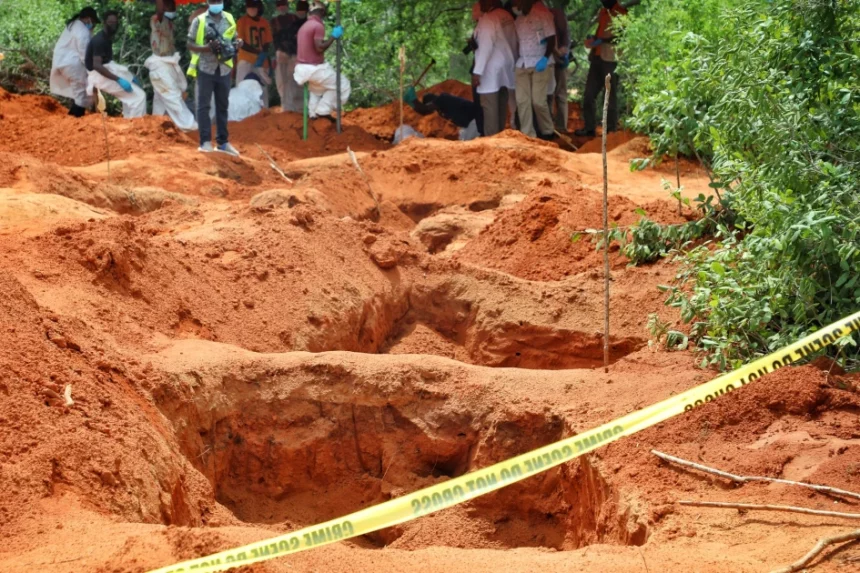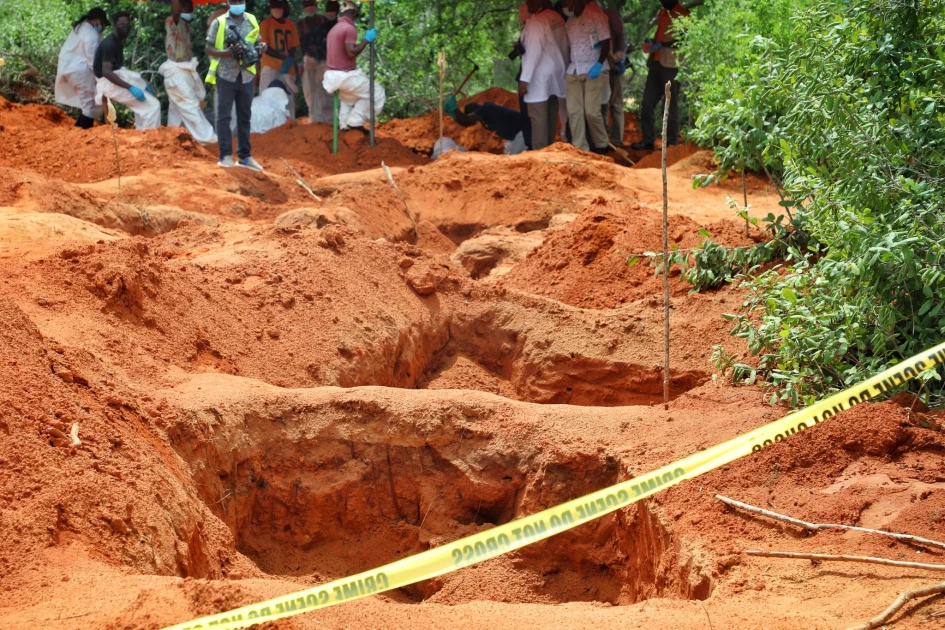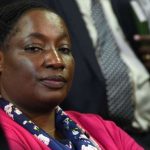Ten more bodies were exhumed from Shakahola Forest land linked to pastor Paul Mackenzie bringing death toll to 284.
Coast Regional Commissioner Rhoda Onyancha says the number of those reported missing is at 613 while total rescues so far stand at 95. Exhumation continues tomorrow.
And Muslim leaders now want the government to come up with a law addressing religious crimes in the country, even as they supported calls for self-regulation.
The leaders also proposed that each religion establish a caucus of imminent religious scholars to monitor sermons and religious teachings to determine whether they are in line with declared doctrines.
Appearing before the Senate ad-hoc committee on Shakahola deaths on Monday, the Supreme Council of Kenya Muslims (Supkem) National Chairperson Hassan Ole Naado said people who misinterpret religious doctrines for personal or selfish ends should face religious crimes.
The law, therefore, he said will target such individuals who and not a community or religion as a whole as has been the case with Muslims.
He admitted there are individuals within Islam who misuse Islamic religious teachings to pursue evil schemes against humanity and for their own selfish ends just the way Shakahola deaths suspect Pastor Paul Mackenzie has misused Christian teachings.
However, he said the Muslim community has been collectively profiled and condemned for being violent extremists and terrorists with the State being heavy-handed in her response in the name of war on terror.
Even though President William Ruto described Mr Mackenzie as a “terrorist” and pledged tough action against rogue preachers, other leaders have said religious leaders should bear individual responsibilities for their crimes and their misdemeanours should not be linked to the church.
The Supkem boss argued that the Muslim community has endured in the war on terror where they have been profiled, victimized, criminalized and suffered collective punishment for crimes of a few individuals
He told the Tana River Senator Danson Mugatana-led committee that it is only through such a law that religious crimes, whether by Muslims or Christians, will be fairly addressed and punished.
Mr Ole Naado decried that the security laws and policies on religious extremism have been applied selectively against Muslims, citing the infamous Security Laws Amendment Act.
“We must create religious crimes in our laws to take account of those who commit crimes in the name of religion,” said Mr Ole Naado.
Asked by Mr Mungatana on the kind of punishment that will come with such a law, the Supkem boss said that since Kenya is a secular state, the applicable laws governing various types of crime will apply, for instance, if it is murder then the law on murder should be applied.
“While this can be discussed and legislated on, we must remember that Kenya is a secular state. The applicable law is what the secular law provides,” he said.
Article 8 of the Constitution states that there shall be no State religion and is reinforced by the Bill of Rights under Article 32 of the Constitution which talks about freedom of conscience, religion, belief and opinion.
Mr Ole Naado said that since it may be difficult and controversial to determine which religious preaching or teachings constitute extreme indoctrination and radicalisation, Supkem is proposing that every umbrella organisation establish caucuses or doctrinal committees of distinguished religious scholars within its leadership structures.
The work of such a committee will be to independently and expertly review teachings and preaching of respective religions and guide their followers accordingly.
They will also be tasked with advising the relevant government authorities on the appropriateness of such preaching and teaching when need arises.
“Kenyans have reached a dangerous level of socio-economic desperation to the extent they are too gullible to religious misadventure as an escape from their desperation,” he said.
In regards to regulation of religious activities by the State, Supkem said the government should get out of the religious space, adding that self-regulation is the way to go.
Different Christian leaders have also strongly protested against the proposed regulation of their activities by the government, calling for self-regulation as a strategy to deal with the proliferation of religious extremists and radicalisation.
Supkem faulted the government’s security and intelligence apparatus for having slept on their job leading to the Shakahola deaths which now stand at 284.
“The government, starting with the police, Nis, political leaders and the Ministry of Interior, slept on their job with regard to Mackenzie’s activities thus allowing the Shakahola deaths to happen,” he said.




